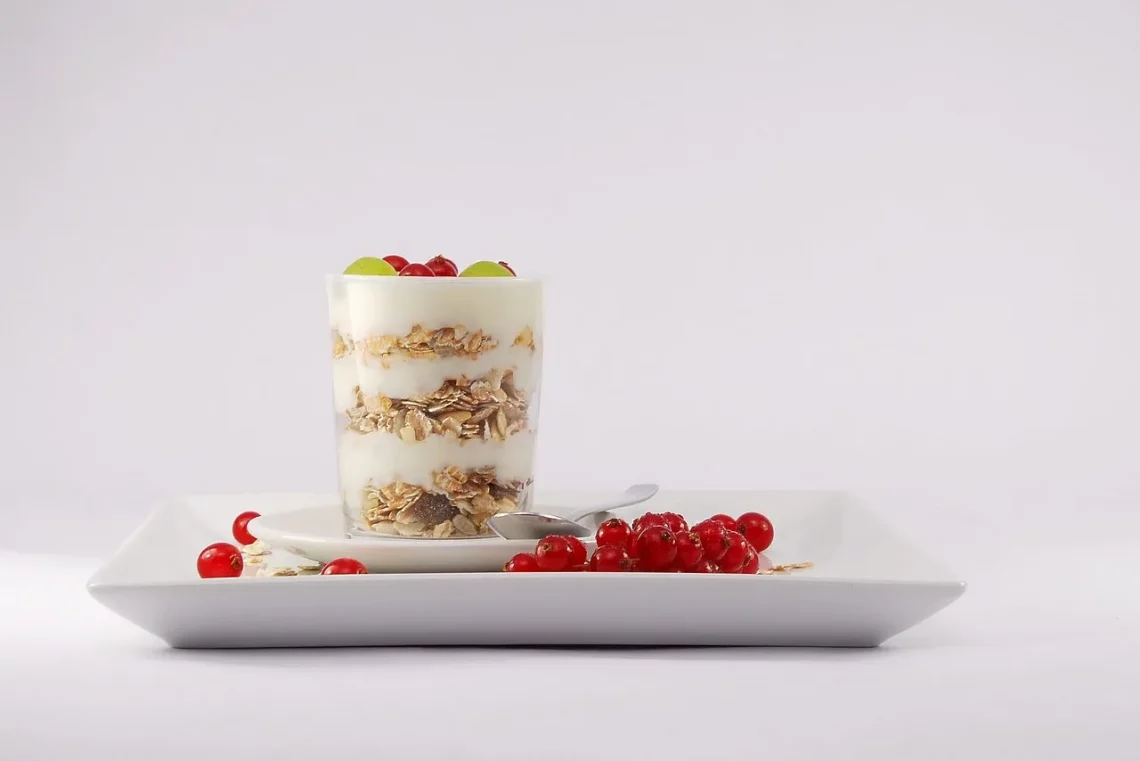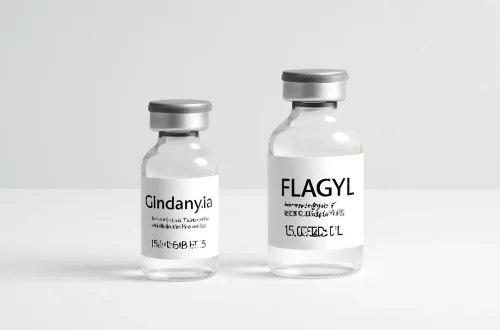
Healthy Low Fat Dog Treats for Managing Pancreatitis Symptoms
As pet owners, we often find ourselves concerned about our furry friends’ health, especially when they are dealing with conditions like pancreatitis. This inflammation of the pancreas can lead to discomfort and various symptoms, making it crucial to manage our dogs’ diets carefully. One effective way to ensure our dogs remain healthy and happy during their recovery is through the selection of appropriate treats. Healthy, low-fat dog treats can play a significant role in this process. By providing nutritious options that are gentle on the digestive system, we can help support our dogs’ overall wellbeing while still offering them the joy of a tasty snack.
The challenge lies in finding treats that not only cater to their dietary needs but also appeal to their taste buds. Dogs are creatures of habit and pleasure, so it’s essential to strike a balance between health and enjoyment. This is especially true for dogs suffering from pancreatitis, as they may require a more restrictive diet to avoid exacerbating their condition. This article is designed to guide you through some healthy low-fat treat options that can help manage pancreatitis symptoms, ensuring that your dog can still indulge in delicious snacks without jeopardizing their health.
Understanding Pancreatitis in Dogs
Pancreatitis is a condition that occurs when the pancreas becomes inflamed, leading to a disruption in its ability to function correctly. This can result in a host of symptoms, including abdominal pain, vomiting, diarrhea, and a loss of appetite. In severe cases, pancreatitis can be life-threatening. It is essential for dog owners to recognize the signs of this condition and seek veterinary advice promptly.
The pancreas has a crucial role in digestion, as it produces enzymes that help break down food. When the pancreas is inflamed, these enzymes can become activated prematurely, leading to the digestion of the pancreas itself. This process can cause considerable pain and discomfort for your dog. Additionally, certain dietary choices can exacerbate the condition, making it vital to monitor and adjust your dog’s food intake.
Dogs at higher risk of developing pancreatitis typically include those that are overweight, have a history of gastrointestinal issues, or are consuming a high-fat diet. Managing their weight and ensuring they consume a balanced diet is key to preventing flare-ups. This is where low-fat treats come into play. These treats should be easily digestible and nutritious, providing your dog with the satisfaction of a snack without compromising their health.
When choosing low-fat treats for your dog, it’s essential to consider not only the fat content but also the overall nutritional value. Look for treats made with quality ingredients, including whole grains, vegetables, and lean proteins. Avoid treats high in additives, preservatives, and artificial flavors, as these can irritate your dog’s digestive system.
Homemade Low-Fat Dog Treat Recipes
Creating homemade dog treats can be a rewarding way to ensure your pet receives healthy and low-fat options. By preparing them yourself, you have complete control over the ingredients, allowing you to tailor the recipes specifically for your dog’s dietary needs. Here are a couple of simple recipes that are not only low in fat but also packed with flavor.
**Carrot and Apple Bites**
Ingredients:
– 1 cup of whole wheat flour
– 1 cup of grated carrots
– 1 cup of unsweetened applesauce
– 1 egg (optional for binding)
– A pinch of cinnamon
Instructions:
1. Preheat your oven to 350°F (175°C).
2. In a mixing bowl, combine the whole wheat flour, grated carrots, applesauce, and egg (if using) until a dough forms.
3. Roll the dough out on a floured surface to about 1/4 inch thick.
4. Cut into desired shapes using cookie cutters.
5. Place the treats on a baking sheet lined with parchment paper and bake for 20-25 minutes or until golden brown.
6. Let them cool completely before serving.
These treats are not only low in fat but also rich in vitamins and minerals, making them an excellent choice for dogs managing pancreatitis.
**Pumpkin and Peanut Butter Delights**
Ingredients:
– 1 cup of pumpkin puree (not the spiced pie filling)
– 1/4 cup of unsweetened peanut butter
– 2 cups of oat flour (you can make this by grinding oats in a blender)
– Water as needed
Instructions:
1. Preheat your oven to 350°F (175°C).
2. In a bowl, mix together the pumpkin puree and peanut butter until well combined.
3. Gradually add the oat flour, mixing until a dough forms. If the dough is too dry, add a little water until it reaches a workable consistency.
4. Roll out the dough and cut into shapes or simply form into small balls.
5. Place on a baking sheet and bake for about 15-20 minutes.
6. Allow to cool on a wire rack before serving.
Both of these recipes provide a tasty, low-fat option for treating your dog while being mindful of their pancreatitis symptoms.
Commercial Low-Fat Treats to Consider
If homemade treats are not your preference, there are numerous commercial low-fat dog treats available that can help manage pancreatitis symptoms. When selecting these products, always read the labels carefully to ensure they align with your pet’s dietary requirements.
One popular option is baked treats made with whole ingredients such as sweet potatoes, brown rice, and chicken. These treats are often lower in fat and calories than traditional options like meat-based jerky or fatty biscuits. Brands that focus on natural ingredients tend to offer better quality products, which can benefit your dog’s health.
Another good alternative is freeze-dried treats. These treats retain most of the nutrients found in fresh ingredients and are typically low in fat. Freeze-dried chicken or fish, for example, can be a delicious reward for your dog without adding unnecessary fat to their diet.
It’s also wise to consider dental chews that are low in fat and designed to promote oral health. These chews can help reduce plaque and tartar buildup while providing a satisfying chewing experience for your dog.
When shopping for commercial treats, look for those that specifically state they are formulated for dogs with sensitive stomachs or those who require low-fat diets. Always consult with your veterinarian before introducing new treats into your dog’s diet, especially if they have pre-existing health conditions.
Monitoring Your Dog’s Health and Diet
Managing a dog with pancreatitis requires ongoing attention to their health and dietary habits. Regular check-ups with your veterinarian are essential to monitor your dog’s condition and adjust their diet as needed. Your vet can provide personalized recommendations based on your dog’s specific health needs, ensuring they receive the best care possible.
In addition to choosing appropriate treats, it’s essential to maintain a balanced diet. This often includes regular meals of low-fat, easily digestible food that provides the necessary nutrients without overwhelming the pancreas. Monitoring portion sizes and avoiding overfeeding are critical steps in managing your dog’s weight and overall health.
Staying informed about your dog’s condition is vital. Keep an eye on any changes in behavior, appetite, or gastrointestinal issues. If your dog experiences any signs of distress, such as vomiting or lethargy, consult your veterinarian immediately.
Lastly, providing mental stimulation and regular exercise can contribute to your dog’s overall well-being. Engaging activities can help reduce stress and anxiety, which may in turn aid in managing their health condition.
In conclusion, managing pancreatitis in dogs requires a multifaceted approach, focusing on diet, regular veterinary care, and attentive monitoring of symptoms. By incorporating healthy low-fat treats, whether homemade or store-bought, you can support your dog’s health while still allowing them to enjoy snack time.
**Disclaimer:** This article is not intended as medical advice. For any health-related issues, please consult with a qualified veterinarian.




